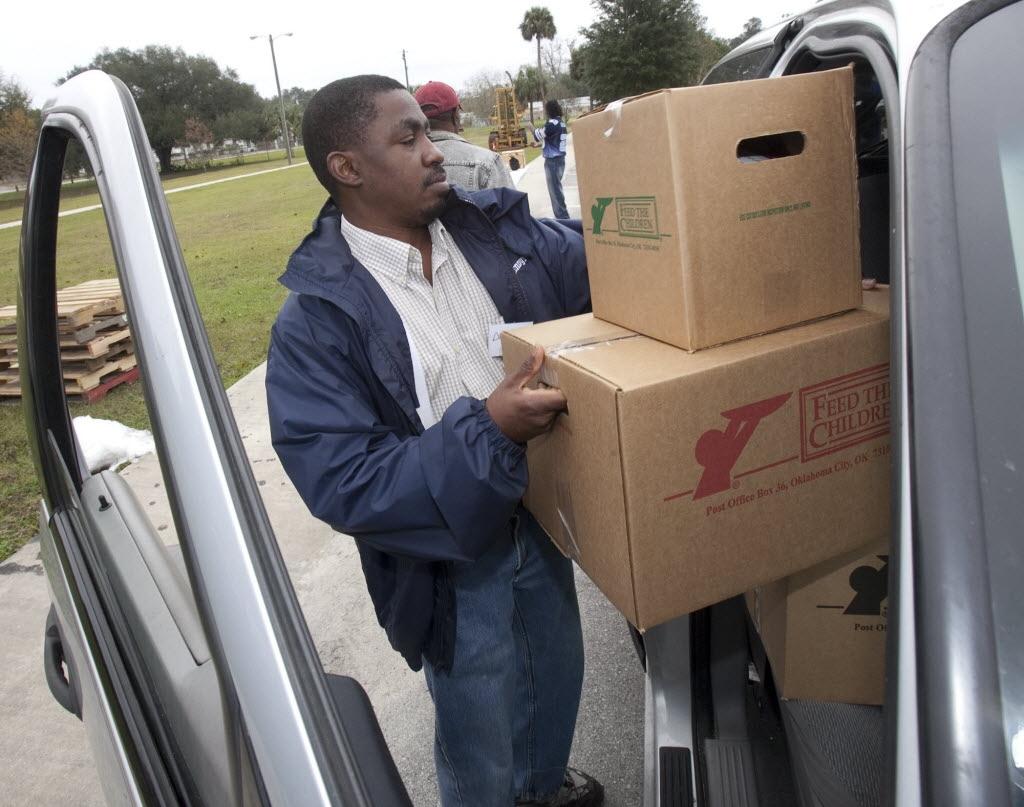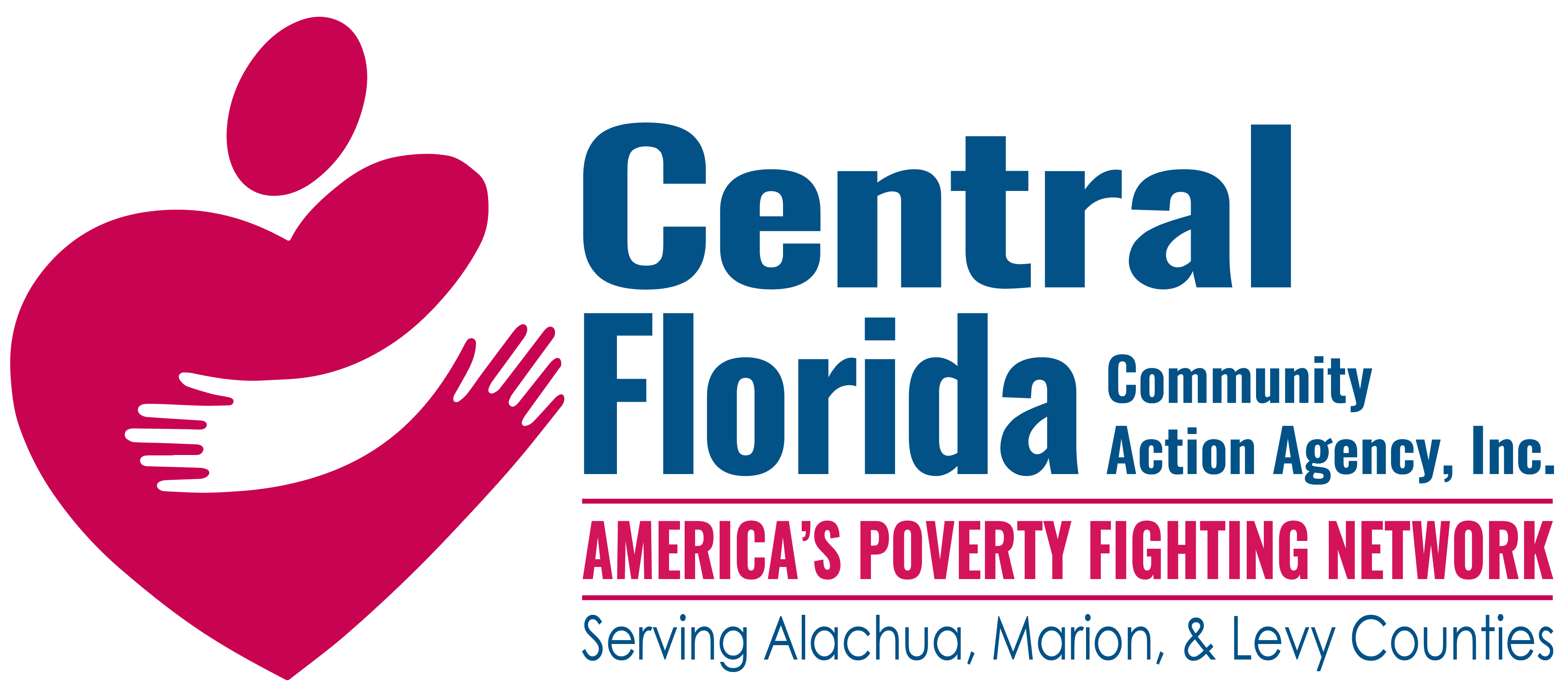
06 Jul Brittany S. Bruggeman and Zach Spoehr-Labutta: Partnering for resilience in Gainesville
Pupils widen. The heart pounds. Stress hormones flood the body. Lungs expand, and every muscle sits on the verge of action.
This describes the stress response, a normal reaction to a normal emotion. However, when a child experiences this response in a strong, frequent or prolonged way due to adversity, without the support of an adult, it can cause health consequences lasting into adulthood. This phenomenon is called toxic stress.
As a pediatrician at UF Health, helping children grow and develop into happy, healthy, productive adults is my priority. Toxic stress creates a barrier to this happy outcome and can occur in many different forms. These include exposure to physical or emotional abuse, chronic neglect, caregiver substance abuse or mental hardship, exposure to violence, parental divorce and the accumulated burdens of family economic hardship. These stressors are called adverse childhood experiences, or ACEs.


